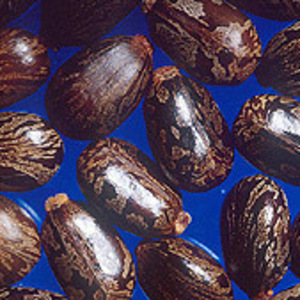Evogene releases financial results, announces Brazil agreement




USDA ARS
March 27, 2014
BY Erin Voegele
Advertisement
Advertisement
Related Stories
The International Biomass Conference & Expo was held in Richmond, Virginia, in early March.
Neste and Lotte Chemical are teaming up to make chemicals and plastics more sustainable. The collaboration will see Neste providing renewable Neste RE, a raw material for chemicals and plastics made from 100% renewable raw materials.
A biorefinery in Sweden developed as a joint venture between Nordic energy group St1 and Swedish forest products company SCA on April 10 commenced commercial operations to produce SAF, renewable diesel, and biobased naphtha and LPG.
DOE announces $18.8 Million to advance mixed algae development for low-carbon biofuels and bioproducts
The U.S. Department of Energy will award up $18.8 million to address research and development (R&D) challenges in converting algae, such as seaweeds and other wet waste feedstocks, to biofuels and bioproducts.
The University of Missouri’s FAPRI in March released a report featuring 10-year baseline projections for U.S. agricultural markets that predicts renewable diesel and SAF production will grow over the next decade while biodiesel production declines.





